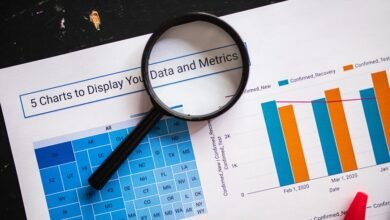In today’s information-saturated environment, the ability to discern fact from fiction is more critical than ever. Reliable sources play a pivotal role in shaping informed opinions. However, many individuals struggle to identify these sources effectively. By enhancing critical thinking skills and employing proven fact-checking techniques, one can navigate the complexities of misinformation. What strategies can be implemented to ensure a balanced information diet and protect against overwhelming content?
Understanding Reliable Sources
How can one discern between credible information and misinformation in today’s vast ocean of data?
Evaluating credibility involves scrutinizing the source’s expertise, purpose, and evidence.
Distinguishing bias is equally crucial; understanding the author’s perspective can reveal underlying motives.
Developing Critical Thinking Skills
Critical thinking skills are essential for navigating an increasingly complex and information-rich world. By honing analytical reasoning, individuals can assess information critically and develop well-informed opinions.
Engaging in creative problem solving encourages innovative solutions to challenges, fostering adaptability. Cultivating these skills empowers individuals to make reasoned decisions, enabling them to thrive in diverse environments while embracing the freedom of thought and expression.
Fact-Checking Techniques
In today’s digital landscape, where misinformation can spread rapidly, employing effective fact-checking techniques has become increasingly vital.
Fact verification involves cross-referencing information with credible sources, while source evaluation assesses the reliability and expertise of the originator.
Staying Updated Without Overload
While staying informed is essential in a rapidly changing world, individuals often find themselves overwhelmed by the sheer volume of information available.
To combat this, maintaining a balanced information diet is crucial. Effective content curation, through selective sourcing and prioritizing reputable outlets, allows individuals to stay informed without succumbing to overload.
This enables them to navigate the complexities of information with clarity and purpose.
Conclusion
In the digital age, navigating the sea of information requires a sturdy compass of critical thinking and reliable sources. By sharpening fact-checking techniques and remaining vigilant against misinformation, individuals can transform themselves into informed navigators. Just as a lighthouse guides ships safely to shore, these skills illuminate the path to truth amidst the fog of confusion. Embracing a balanced information diet not only enriches understanding but also empowers decision-making in an ever-evolving landscape of ideas.






